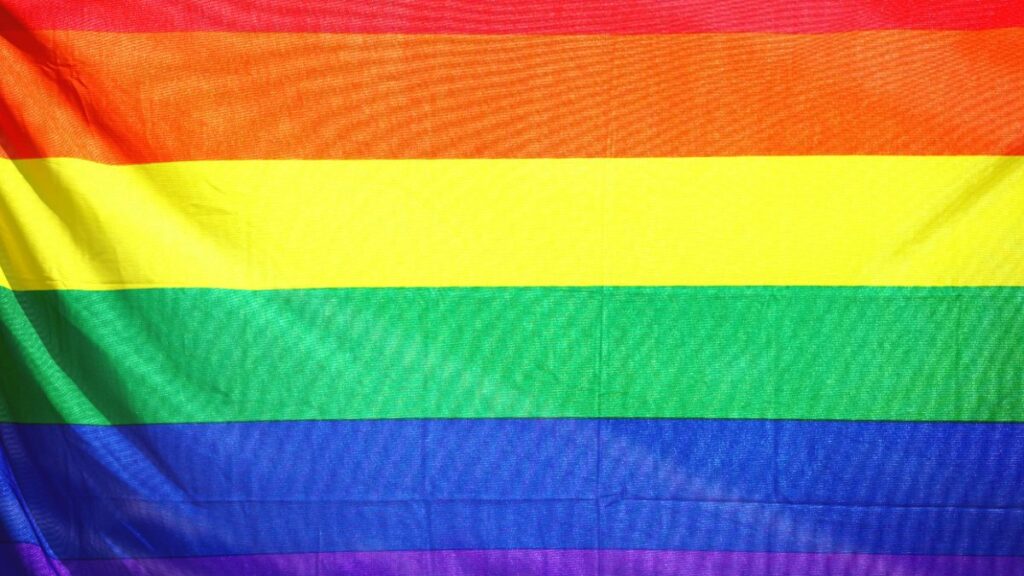The US Supreme Court is preparing to rule on whether states have the power to ban conversion therapy for gay and transgender youth. The case focuses on a Colorado law that prohibits licensed counselors from attempting to change the sexual orientation or gender identity of minors, a practice widely condemned by medical and psychological associations.
Conversion therapy, long discredited by experts, involves attempts to alter a person’s sexuality or gender identity through counseling or behavioral interventions. Many survivors describe it as emotionally damaging, leading to long-term trauma, depression, and suicidal thoughts. Despite widespread criticism, some religious and conservative groups continue to defend the practice as a matter of free speech and personal choice.
The Colorado law, passed six years ago, is being challenged by a licensed counselor who argues that it infringes on her First Amendment rights. She claims her “faith-informed” counseling involves voluntary conversations with clients who wish to align their feelings with their religious beliefs. She maintains that her practice does not use coercive or aversive techniques but helps clients find peace with their identity in accordance with their faith. Critics, however, argue that even “speech-only” methods can cause significant psychological harm and reinforce stigma against LGBTQ youth.
At the heart of the case is a constitutional question: does banning conversion therapy violate free speech protections? The Supreme Court’s conservative majority has previously taken an expansive view of First Amendment rights, which could pose a challenge for Colorado’s defense. The state maintains that the law targets harmful medical conduct rather than speech and protects minors from psychological abuse disguised as therapy.
The upcoming ruling arrives amid a broader political and cultural battle over LGBTQ rights in the United States. Earlier this year, the court allowed a Tennessee law restricting gender-affirming care for minors to stand, and it is set to hear another case next year on transgender student athletes. These cases reflect the growing divide between states expanding protections for LGBTQ individuals and those enacting restrictions, often citing moral or religious grounds.
For many survivors of conversion therapy, the case represents a crucial moment in determining whether states can shield vulnerable youth from practices deemed harmful by nearly every major medical organization. The ruling is expected to have far-reaching implications for both LGBTQ rights and the limits of state power under the First Amendment.

